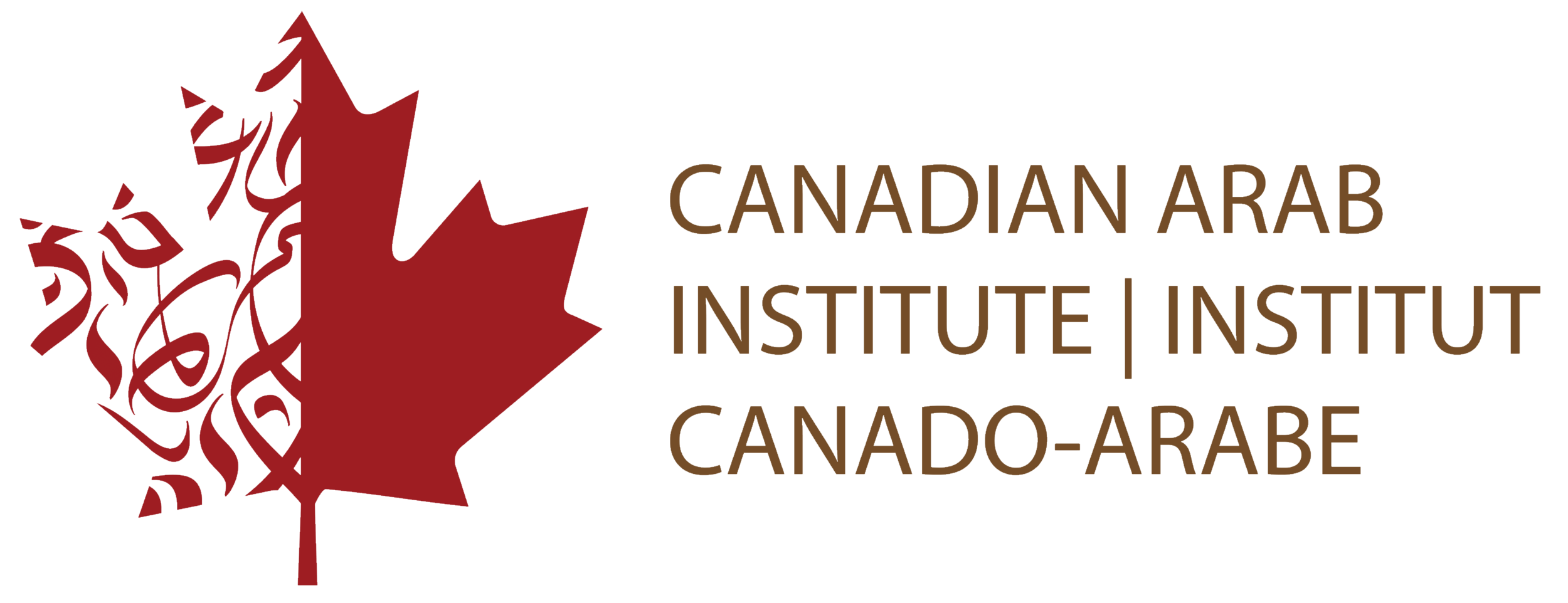Q&A: Reflecting on pride month with May El-Abdallah and Jasmine Hawamadeh
By Maria Sarrouh
While Pride month is over, celebrating LGBTQ2IA+ communities and advocating for advancements in equality rights is a year-round effort for the Canadian Arab Institute and its partners.
Legislative progress is needed to support Arabs in Canada who are searching for freedom in expressing their true sexual orientations and identities. The examination of cultural concepts -- religious, secular or traditional -- that justify their oppression is ongoing.
Throughout June 2021, the Arab-Canadian community remembered Sarah Hegazi on the one year anniversary of her death. Hegazi was a Lesbian feminist and socialist activist who sought asylum in Canada, after being imprisoned and tortured in Egypt for three months after flying a rainbow flag at a Mashou’ Leila concert in 2017. She lived with post-traumatic stress after the incident, until her death on June 13, 2020.
In reflection on Pride month 2021, the Canadian Arab Institute spoke with May El-Abdallah, a senior human rights consultant at the city of Toronto and volunteer with Yalla Talk and manager of communications and operations Jasmine Hawamadeh.
Q: What are some misconceptions people have about queer identities in the Arab community, both external to the community and internally?
May: The biggest misconception is that we don't exist! We do exist and have always existed. Many non-Arabs have a monolithic view of Arabs that doesn't include queerness. Arabs are seen as inherently conservative about topics involving sex or sexuality. On the flip side, many Arabs also view queerness as something foreign or outside of Arab cultures even though throughout history, Arabs with diverse genders and sexualities have existed. Unfortunately, a lot of that history has been hidden or silenced, whether because of colonialism or other forms of oppression. The other misconception is that all queer Arabs have bad relationships with their families or communities. Exclusion and violence on the basis of homophobia, biphobia and transphobia is a reality in our communities that we can't ignore and must fight against, but many queer Arabs have also found support from non-queer families and community members.
Q: What are the biggest issues facing queer Arabs in Canada today?
May: Queer Arabs are a diverse population, so the answer to this depends on the person's circumstances. For example, queer Arab refugees may be facing issues with access to housing, employment and medical care and the risk of being deported back to an unsafe situation. Trans Arabs are at an increased risk of violence and discrimination. Arabs, both queer and non-queer, face underrepresentation in the job market. Within Arab communities, the lack of queer-friendly services, family violence, hostility and erasure are all issues that we face.
Q: What efforts, collaborations or partnerships does the CAI have in the works, that support queer Arab-Canadians?
Jasmine: Those who already lived in the margins of society, have been deeply impacted by the COVID-19 pandemic. The Canadian Arab Institute, in partnership with Brock University, recently released a report highlighting the impact of COVID-19 on racialized groups in Canada, this includes queer-racialized groups. The recommendations highlighted in the report were from the community and for the community and therefore, could be a small part of designing a post-pandemic future for all.
One of our partnerships was with Open Screenplay, a Canadian start-up and community where storytellers can write, collaborate and have the chance to be paid and produced. We held a competition for Arabs from around the world to submit screenplays to debunk myths around Arab identity. At the Canadian Arab Institute, one of the nine myths we are working to debunk is the fact that the only Arab that can exist is the heterosexual Arab. The very existence of Queer or Trans Arab life is dismissed!
We’re working towards amplifying the voices of all Arabs in Canada, and by doing so, we, of course, are thinking about intersectionality, and the various identities that exist in the community. This includes, that refugees and newcomers, being Arab and queer, being Arab and a woman, being an Arab and part of a religious minority among others.
Q: For people who are working to be good allies to queer Arabs specifically, what should they keep in mind in their allyship?
May: Challenge homophobia, biphobia and transphobia when you see and hear it. Don't expect queer people to do all the heavy lifting - it's exhausting and can be unsafe. Don't just be an "ally" when queer people are around or when it's fun. Yes, conversations challenging negative ideas about queer people can be difficult but this is part of how change happens.
Secondly, don't share private information about another person's sexuality or gender identity without permission. There may be a reason they confided in you and not others. It isn't always safe to share one's queer identity.
And lastly, listen and be open to learning. Each individual's needs are different. Take cues from the person you are supporting. What do they need? If you don't know, ask, don't assume.
Jasmine: To be a good ally simply means to centre the voices that are most impacted. Centre queer-Arab voices, centre racialized-queer voices, centre Trans Arab women. We recently released a resource guide for Pride which includes many resources written by queer Arabs and organizations that centre queer voices, I would highly recommend checking those out!
